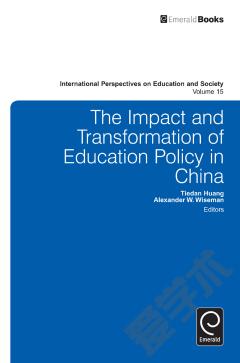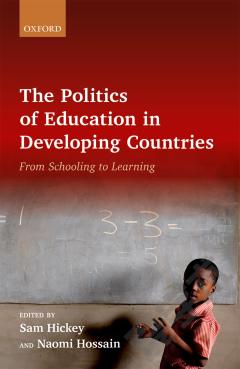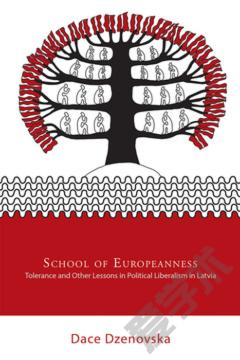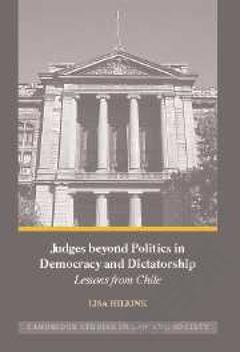Contrasting Dynamics in Education Politics of Extremes —— School Choice in Chile and Finland
----- 教育政治极端的动态对比:在智利和芬兰择校
This book aims to enhance understanding of school choice as a supra-national travelling policy, explored in two strikingly different societies: Latin American Chile and North European Finland. Chile was among the first countries to implement school choice as a policy, which it did comprehensively in the early 1980s through the creation of a market environment. Finland introduced parental choice of a school on a very moderate scale and without the market elements in the mid-1990s. Predominant aspects of Chilean basic schooling include provision by for-profit and non-profit private and municipal organisations, voucher system, parental co-payment and ranking lists. Finland persists in keeping education under public-authority governance and free-of-charge, and in prohibiting profit making and rankings.
{{comment.content}}








 京公网安备 11010802027623号
京公网安备 11010802027623号